Skills are always changing
For the latest information about this skill visit Electronics on worldskills.org.
Electronics
Assembling and wiring products, testing systems, and designing prototype circuits.
Why is this skill important?
The electronics industry is very diverse and has evolved into several specialisms. Some Engineering Technicians/Technologists will work across many aspects of electronics but increasing specialization and technical developments means that specialist Engineering Technician/Technologist are widely employed.
The key areas of specialism which can be seen as careers in their own right include the assembly and wiring of electronic products; the designing of prototype circuits to specifications and/or to solve specified technical problems; the installation and commissioning of equipment including the provision of customer support; service and maintenance which includes service at customer/repair/service-depot locations and remotely; and monitoring and testing to specifications: circuits, sub-assemblies and systems. Approving: circuits, sub-assemblies, systems as fit-for-purpose or meeting government regulations.
Electronics Engineering Technician/Technologists also rely on Schematic Capture and Layout software to create/verify/simulate schematic circuits and printed circuit boards. This is a specialised occupation in its own right, and also involves the creation of production documents such as Bills of Material, Gerber Files and Excellon drill files, and other automated equipment files.
Electronics specialists work in a wide range of industries supported by highly technical specialist equipment. Almost every aspect of today’s world relies on, or directly uses, electronics technology. It can be said that all technologies today use Electronics in one form or another.
Electronics Engineering Technician/Technologists must work with a high degree of accuracy and precision, conforming to detailed specifications and international quality standards and demonstrating extensive technical ability. Due to the constant developments in technology, the electronics Engineering Technician/Technologist needs to be proactive in ensuring that his/her skills and knowledge are up-to-date and meet industry standards and expectations.
The Engineering Technician/Technologist may work directly with clients and will therefore need to demonstrate excellent customer service and communication skills and work effectively to time schedules. When working with clients, the Engineering Technician/Technologist may have to explain elements of complex electronics principles to assist the client to use equipment correctly. Often the nature of the establishment in which the electronics Engineering Technician/Technologist works will require them to respect confidentiality in relation to highly commercially sensitive information and to demonstrate integrity, honesty, and a strong ethical sense.
The electronics specialist will work with a wide range of tools. These tools are often specialized and include measurement test equipment. Computers and specialist software development tools are used to create programs for embedded systems, programmable devices, and desktop systems. In addition, tasks will also require the use of specialist hand tools for the assembly and maintenance and rework of circuits. Surface mounted technology (SMT) is the dominant technology.
Industry also relies on Engineering Technician/Technologists to implement software solutions used to address manufacturing requirements. Engineering Technician/Technologists may also setup, configure and tune automated assemblies, circuits, systems, and processes.
Embedding microcontroller units (MCUs) into systems forms the basis for Embedded Systems Engineering and is another electronics specialism. Embedded System design involves interfacing MCUs to the outside world via sensors/communication interfaces. It also involves the writing of quality software to perform required tasks.
Berufsbildungscenter, Bern, Switzerland
19–22 October 2022
Results
See all results| Rank | Medal | Result | Competitor | Country/Region |
|---|---|---|---|---|
| 1. |
Gold |
737 |
Zelong Liu |
China |
| 2. |
Silver |
734 |
Mario Liechti |
Switzerland |
| 3. |
Bronze |
723 |
Baekjun Kim |
Korea |
| 4. |
Medallion for Excellence |
717 |
Lorenz Herzog |
Austria |
| 5. |
Medallion for Excellence |
716 |
HSIANG-YU CHEN |
Chinese Taipei |
| 6. |
Medallion for Excellence |
707 |
Ryota Akaishi |
Japan |
| 7. |
Medallion for Excellence |
705 |
Hao Jun Yong |
Singapore |
| 8. |
Medallion for Excellence |
702 |
Benjamin COELHO GASPAR |
France |
| 9. |
Medallion for Excellence |
700 |
Khadeeja Aljaberi |
United Arab Emirates |
| 10. | 698 |
Paulus Kivelä |
Finland | |
| 11. | 692 |
Stefan Birkle |
Germany | |
| 12. | 680 |
Karthi Chinnathambi |
India | |
| 13. | 667 |
Erfan Rafiei |
Iran | |
| 14. | 657 |
NIKOLAY SHIPELYOV |
Kazakhstan | |
| 15. | 645 |
Manuel ALCALÁ |
Spain | |
| 16. | 634 |
Benjamin Lewis |
United Kingdom | |
| 17. | 627 |
Juan Luis Escobar Mena |
Chile | |
Competitors
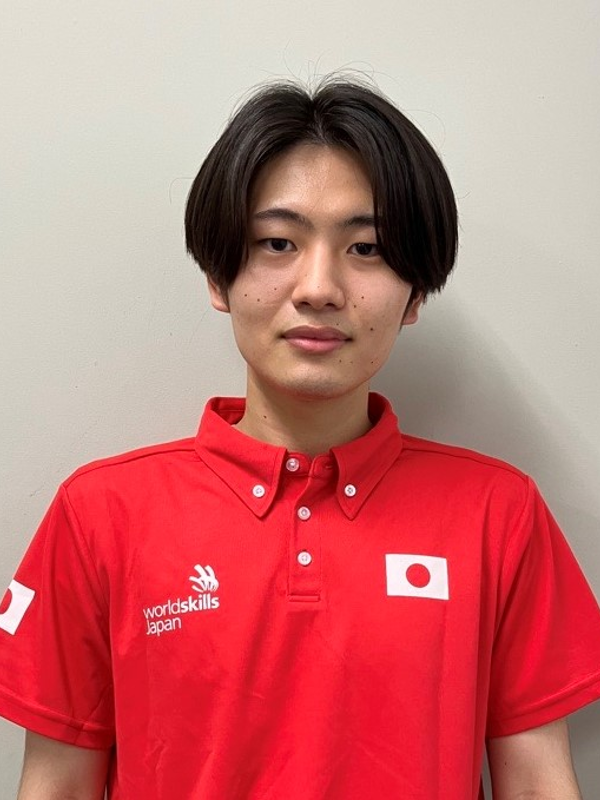
Ryota Akaishi
Japan

Manuel ALCALÁ
Spain

Khadeeja Aljaberi
United Arab Emirates

Stefan Birkle
Germany

HSIANG-YU CHEN
Chinese Taipei

Karthi Chinnathambi
India
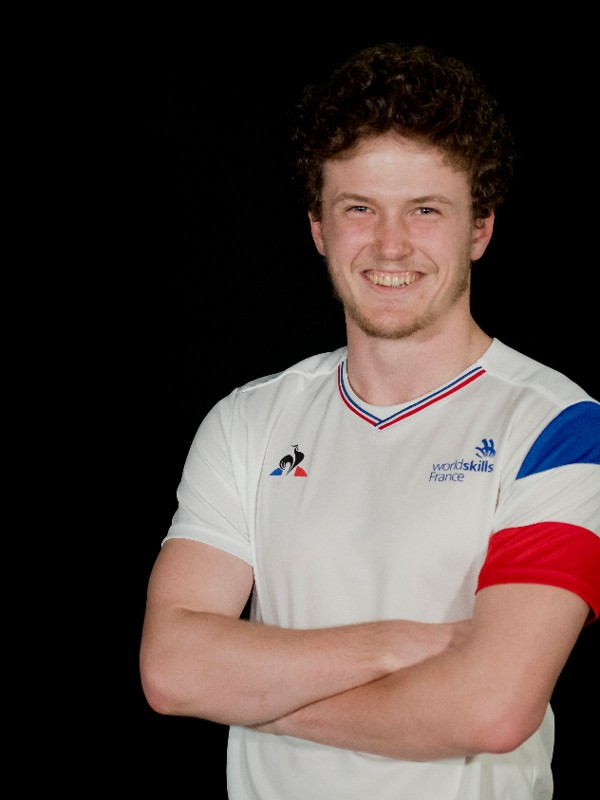
Benjamin COELHO GASPAR
France

Juan Luis Escobar Mena
Chile

Lorenz Herzog
Austria
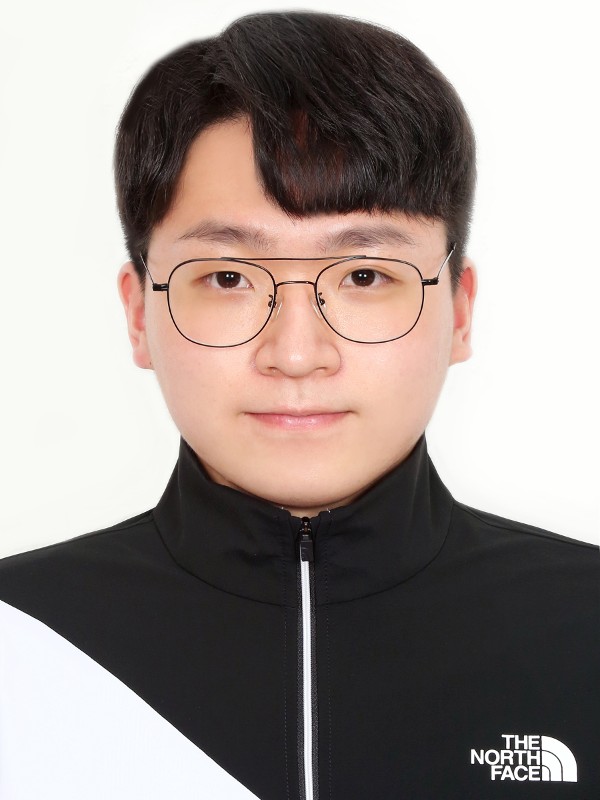
Baekjun Kim
Korea

Paulus Kivelä
Finland

Benjamin Lewis
United Kingdom
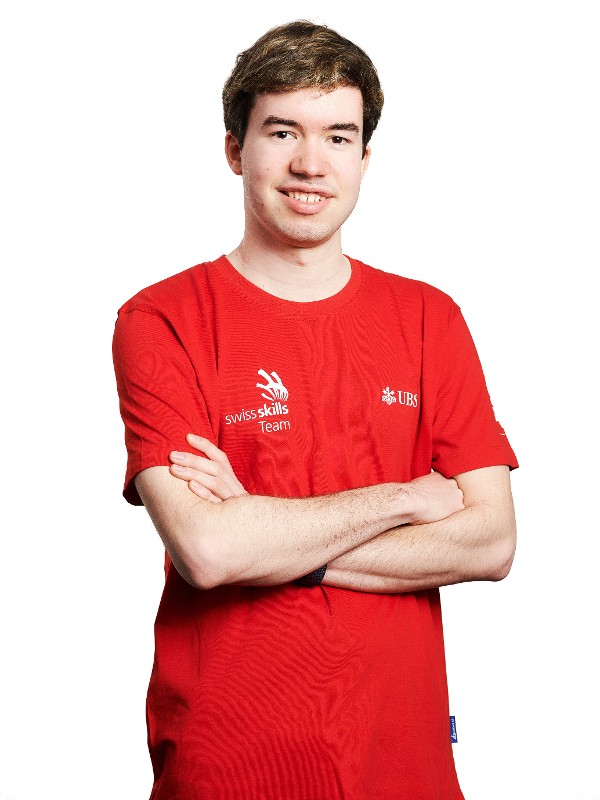
Mario Liechti
Switzerland

Zelong Liu
China
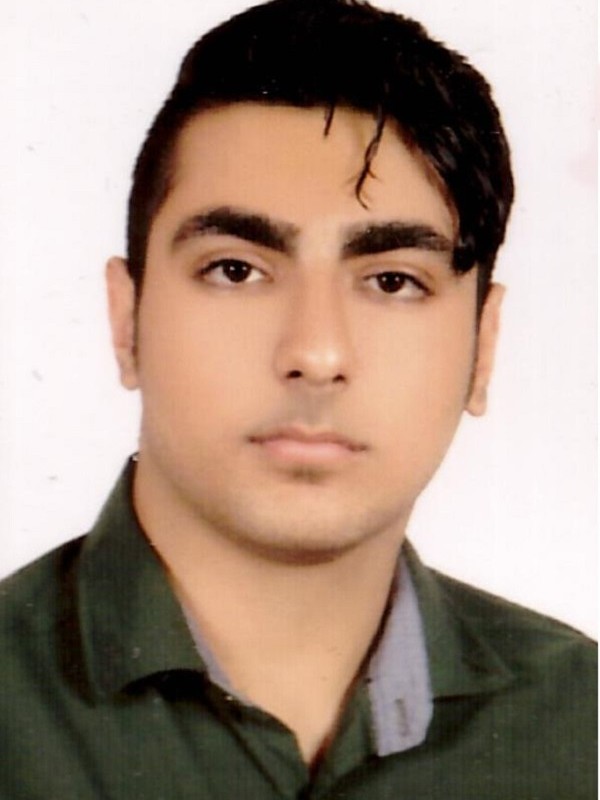
Erfan Rafiei
Iran

NIKOLAY SHIPELYOV
Kazakhstan

Hao Jun Yong
Singapore

